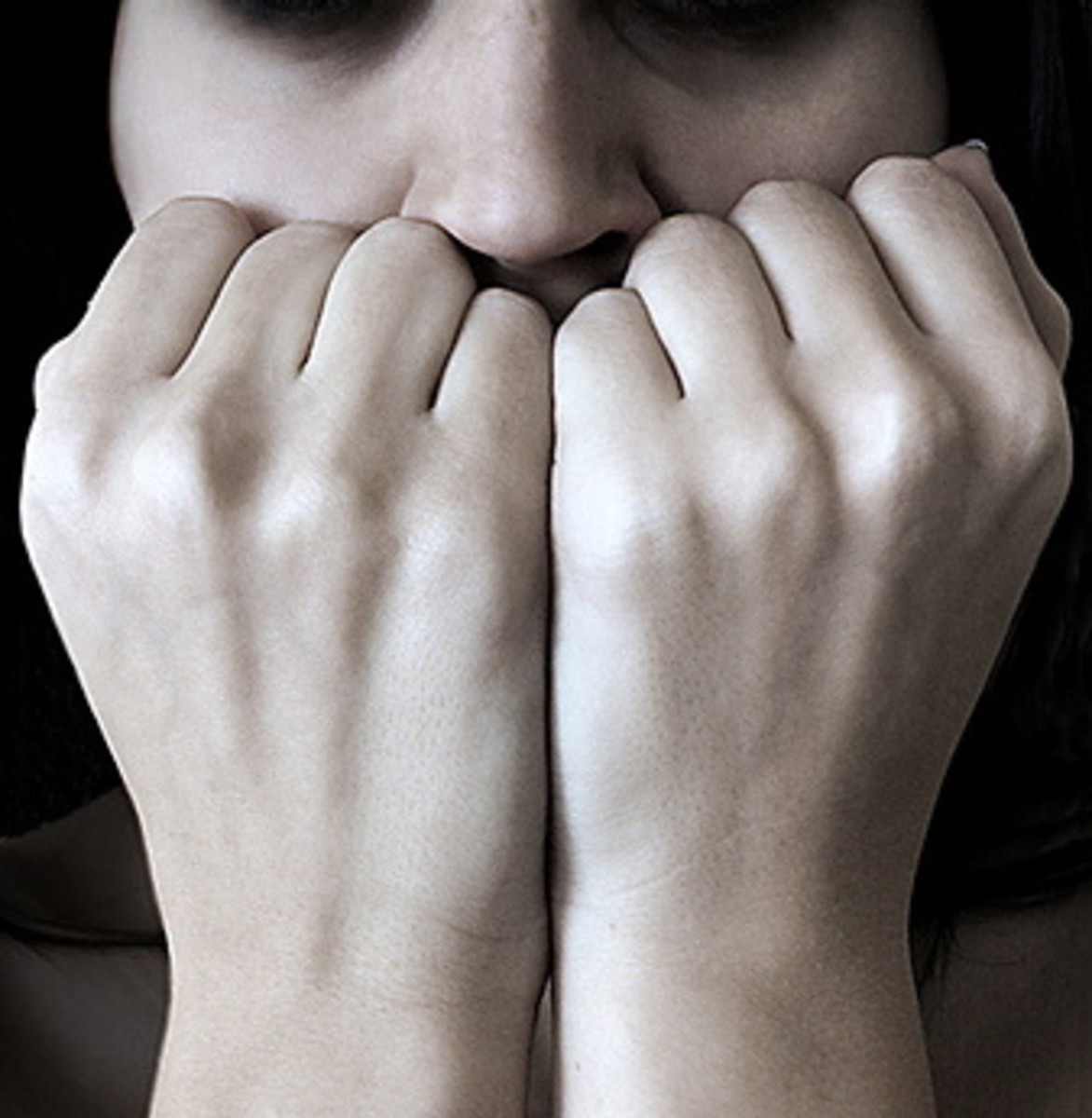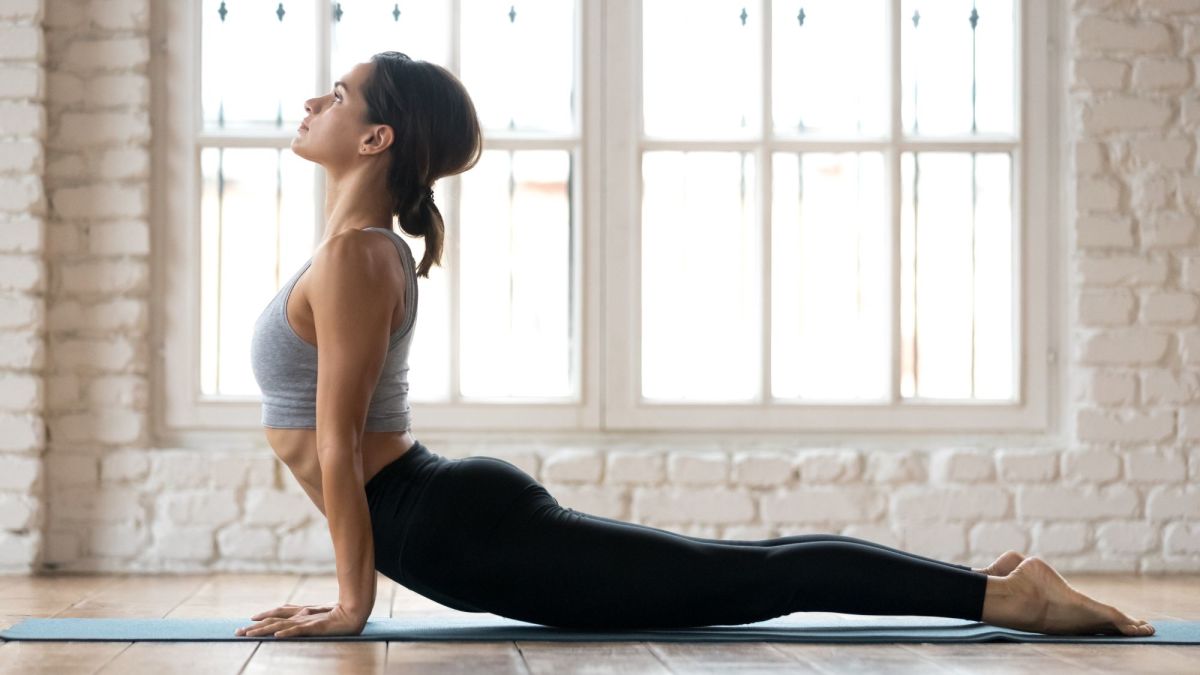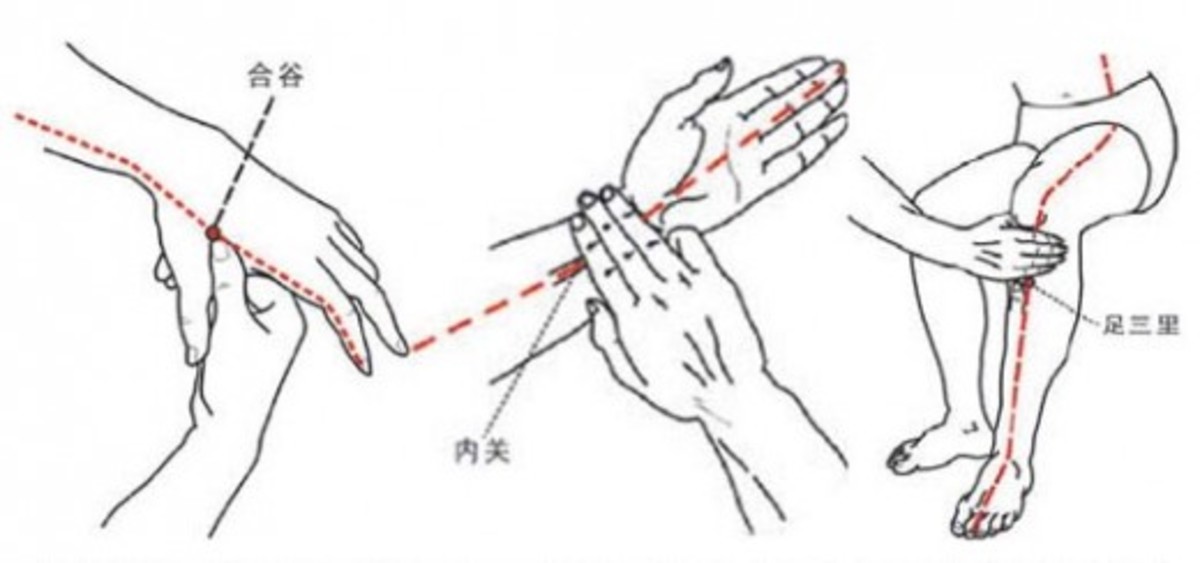Can Exercise Help anxiety and Panic Attacks

Anxiety is a health risk
Anxiety can strike anyone. This condition is difficult to handle that many people give in to its will. It can affect your personal life, your family, your social life and your health. It makes you weak mentally keeping you from realizing the things that you can do to slow it down.
Anxiety can blind you from the real world. It blocks your senses and tries to amplify your weaknesses while keeping your rational thinking at the backseat. Experiencing it is like dealing with a never-ending cycle of problems. Anxiety takes any problem and sees it as the end of everything. Not a solution on the horizon, whatsoever.
But on a positive note, a healthy body bears a healthy mind. One of the pillars of a healthy body is exercise. But how can exercise help a person conquer the difficulties of anxiety? Can it aid in averting panic attacks?
What happens during a panic attack
The primary thing that occurs during a panic attack is it heightens your senses. If this happens your heart also starts to pump in more blood through your bloodstream. This is to cope with the present demand. Although this is an unnecessary event in your body, your system simply responds on what your brain has been pushing.
More blood pumped in a short time will cause your blood pressure to temporarily spike. This is a natural process which can be a health risk if it goes on for a long time. If you're suffering from hypertension, then it will likely heighten your anxiety.
That elevated blood pressure can cause foggy thoughts, another thing that can worsen an anxiety attack. Although exercise alone might not be able to control your hypertension, it can at least help maintain a healthy blood pressure keeping your veins flowing freely. And with that, regular exercise can help you win the daily battles of anxiety.
On having more peers
Socialization is important for anxiety sufferers. It is among the best ways to counter the heavy load that pushes you down. Most often, the ones that give in to the challenge of anxiety are the people that seldom share their thoughts. Talking to someone can shed some weight on your head that has been bugging you.
Exercising requires getting out of your house. You either have to go to the gym or go visit the nearest park to jog or run. This can pave the way for you to interact with more people, opening conversations on the side. No, it doesn't have to an elaborate agenda with all the subtopics underneath. Daily conversation types will go a long way to free your mind from the grasp of anxiety. Having more peers can somehow afford you the confidence to fight back.
Keeping your spirits high
Then there's that mood swing that you have to deal. Anxiety can change the way you interact with people around you. You can be in the middle of a cheerful conversation then suddenly there comes that bugging thought again. Then comes that crash. You feel down and weak inside as though you don't have the physical capability to continue your day. This can be an everyday thing for anxiety sufferers.
Panic attacks are driven by hormones. There's an imbalance inside your mind which keeps you bugged for hours. Getting involved with any physical activity can help afford that cheerful mental state.
Running for one gives the finishers that high feeling. It keeps them happy even though tired at the end of the run. Generally, any physical activity has that effect. It can keep your mind feel secured about your present situation which is a perfect way to deal with anxious thoughts.
When you feel glad, stress becomes more manageable. We are facing stressors every day. At work, at home, it can keep our day occupied as though you cannot find time for your self.
Remember that happiness is a mental state just like the mood swings you encounter. If you start your day with a frowning mindset, then you'll surely encounter more frowns along your way.
A warning
But before you try to sweat that stresses off, you need to understand simple guidelines. First off, never try to overdo yourself. Set your limits. Be mindful that you exercise to relax your body and mind and not to bring in more stress.
This is especially important if you're new to exercising. After some time, you might start realizing that that other person is doing more time than you did or perhaps lifting heavier weights. Don't let this affect your ego. It's possible to push further after a few weeks of exercising but for safety reasons, you need to progress slowly.
Listen to your body. If you feel very tired after a set, then you're probably doing it beyond your limits. The goal here is to work within your limits. As you continue doing your training, your body will slowly progress as well, improving as days pass. At such, pushing those limits little by little is far more helpful than going for 100% of your capacity abruptly. And it doesn't matter if you're doing aerobics or resistance training, do it at the pace you're comfortable with. Remember progress is progress.
What is important is you commit to your plan. Make it a part of your personal therapy. Manage your time efficiently so that you can do it regularly.
Winning the race
Also, keep innovating. Learn about the small adjustments that may be necessary to make your exercise routine suit your current fitness level. Keep the good things but add some new improvements to make your routines even more effective.
Further, remember to drink more fluids while exercising. As you sweat more, you lose more fluid. And you need to replace it or you can suffer from dehydration which can trigger an anxiety attack. In the end, there's no one else better that can help you deal with your disorder and keep that healthy body other than yourself. So enjoy exercising and have fun.
This content is accurate and true to the best of the author’s knowledge and is not meant to substitute for formal and individualized advice from a qualified professional.
© 2019 LowellSansolis








